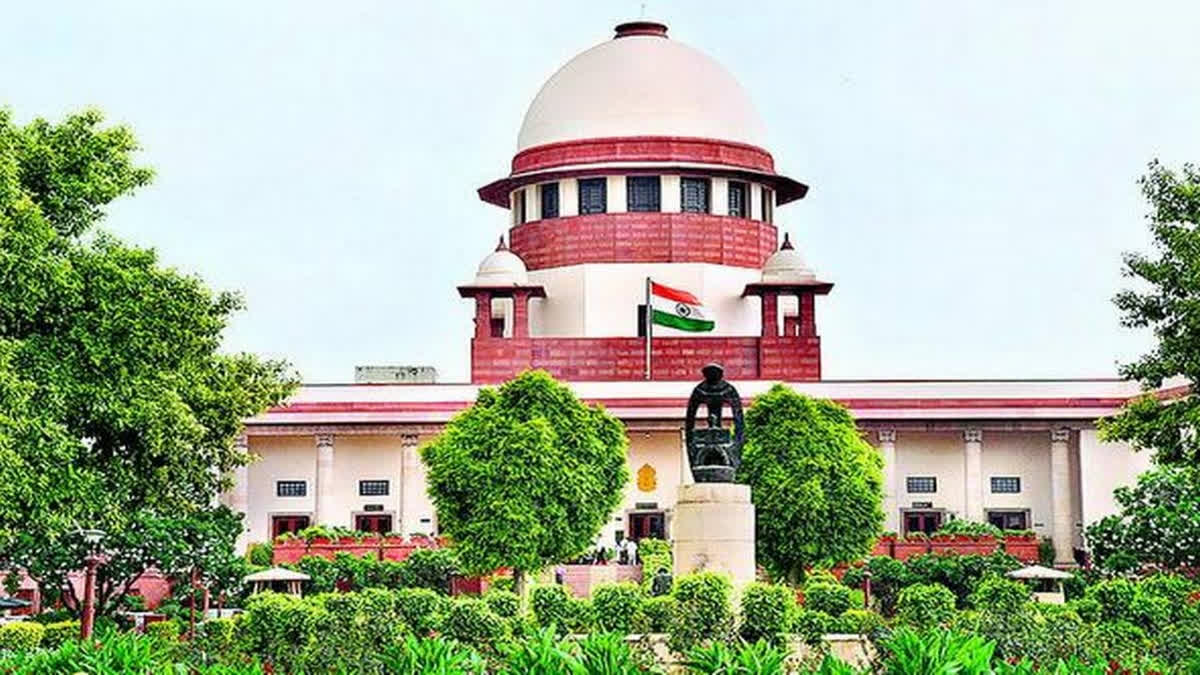New Delhi: The Supreme Court on Wednesday, August 14 laid down specific conditions regarding the retrospective applicability of its ruling affirming the legislative competence of states to levy taxes on minerals and mineral-bearing land in addition to the royalty imposed by the central government.
On July 25, in a majority 8:1 verdict, the apex court had held that legislative power to tax mineral rights vests with states. Pronouncing the judgment on behalf of the bench, the Chief Justice of India (CJI) DY Chandrachud said that bearing in mind consequences which will emanate from the past period, certain conditionality have been directed to prevail.
"While the states may levy or renew demands of tax….the demand of tax shall not operate on transactions prior to April 1, 2005. The time for payment for the demand of tax to be staggered in instalments over a period of 12 years, commencing from April 1, 2026”, the CJI added.
The SC had reserved the verdict on whether its July 25 verdict upholding the power of states to levy tax on mineral rights and mineral-bearing land will have a retrospective or prospective effect.
The nine-judge bench which delivered the judgment was headed by CJI DY Chandrachud and comprised justices Hrishikesh Roy, Abhay Oka, BV Nagarathna, JB Pardiwala, Manoj Misra, Ujjal Bhuyan, SC Sharma and AG Masih. Justice BV Nagarathna delivered a dissenting judgment.
The July 25 verdict had overruled a 1989 judgement, which held that only the Centre has power to impose royalty on minerals and mineral bearing land. Some of the states, which are ruled by the Opposition, which are also mineral rich, are now seeking refund of royalty levied by the Centre and taxes from the mining companies since the 1989 verdict.
The detailed judgment will be uploaded later in the day. The central government had vehemently opposed in the SC a plea of the mineral-rich states seeking refund of the royalty levied by it on mines and mineral-bearing land since 1989.
Solicitor General Tushar Mehta, appearing for the Centre, submitted before a nine-judge bench led by CJI DY Chandrachud that Madhya Pradesh and Rajasthan, which are ruled by the BJP, wanted the judgment to be made applicable prospectively.
The central government stressed that any order asking it to pay the alleged dues with retrospective effect will have a “multipolar” impact. The apex court had reserved the judgment on the issue on July 31.
Read More:



